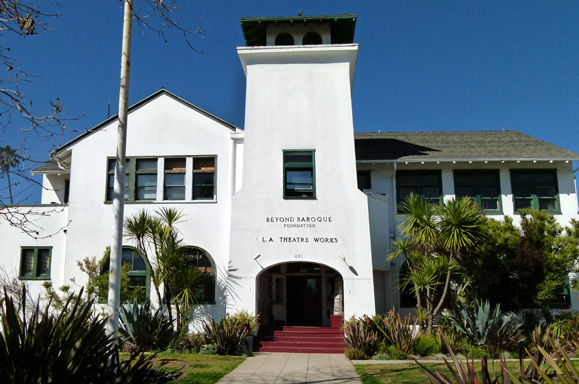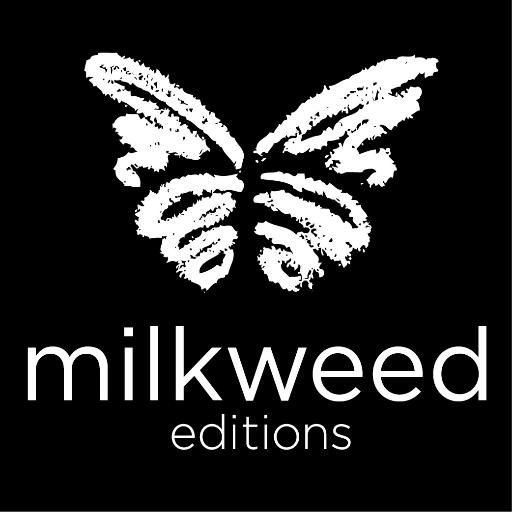Since 2011, P&W has supported creative writing workshops for Los Angeles seniors through the sponsoring organization EngAGE, a nonprofit that fosters the arts, wellness, and lifelong learning for seniors in Southern California. It started with workshop leader Hannah R. Menkin, and since then P&W has supported workshops led by Morgan Gibson, Mike "the Poet" Sonksen, Michael C. Ford, and Oshea Luja. The workshops, which now take place at both the Burbank and North Hollywood Senior Artist Colonies, bring together creative seniors in their sixties, seventies, eighties, and some even in their nineties. Participants are multitalented—some paint, some sing, some act—and all of them have discovered or rediscovered a love of writing. In part one of a two-part blog report, Melissa Sipin, the McCrindle Foundation Readings & Workshops Fellow, reflects on an interview with a few of the workshop participants. (See part two by Jamie Asaye FitzGerald, director of the Readings & Workshops (West) program.)

“It always helps me to look at the world in the kind of sensuality that poetry pulls out of you,” said Felicia Soisson-Segal, one of the participants in the P&W–supported poetry workshop for residents at the Burbank Senior Artists Colony.
After an hour-long drive across the sprawl of Los Angeles, from the Westside to Burbank, I had just arrived with my colleague, Readings & Workshops (West) director Jamie Asaye FitzGerald, to meet with a group of senior writers for an interview on the workshop series and their creative process. What Felicia said struck me in a profound way, reshifting how I understand poetry’s effect on my daily life—how it allows me to think-feel the world more sensually, to be more present, even after enduring the mind-numbing traffic of L.A.
I first met Felicia and the other participants after Poets & Writers and the cosponsoring organization EngAGE held a reading for seniors from the North Hollywood and Burbank Senior Artist Colonies. The event was called “On Being a Kid: A Poetry Reading by Los Angeles Senior Artists,” and the poems that were read during the event harkened back to Felicia’s sentiments, that the power of writing allows one to think-feel the world, as if we were curious children again.
Abigail Howard, another Burbank workshop participant, expounded on what Felicia said by describing the writing process: "When I started the poetry workshop and started writing poetry, something opened up. And the feedback from other people said: This was okay; what opened is good.” She continued, “It’s as if I lived in a little dark cave inside of myself and I was able to open up little tiny windows to let something out that I didn’t even know was there. And then that got bigger and bigger.” Abigail’s words reminded me that it is poetry then, and what it pulls out of you, that liberates you from the “dark cave,” which alludes back to the centuries-old allegory of Plato’s cave and the enlightenment of self.
Oshea Luja, the workshop facilitator for Burbank, instructed his classes with this in mind, saying: “I believe we have been working on the soul.” Over the course of the workshops, Oshea and the participants became very close, affectionately dubbing themselves “Oshea’s OWLs—Old White Ladies” after they visited one of his open-mic sessions for youth in Inglewood and recognized they were among the few white audience members there. Oshea described the workshops as a harmonious cross-cultural and cross-generational experience: “We all come from different backgrounds, and yet we are able to harmonize through writing. It’s been music that we’ve been creating together.”
It is my belief that poetry brings out what the body think-feels, which is what D. H. Lawrence once said: “The body’s life is the life of sensations and emotions.... All the emotions belong to the body, and are only recognized by the mind.” This is what poetry pulls out of us: the ageless and timeless inner life.
See photos and video from the 2015 Lit Crawl event, On Being a Kid: A Poetry Reading by Los Angeles Senior Artists, which featured participants from the P&W–supported EngAGE writing workshops at the Burbank and North Hollywood Senior Artist Colonies.
Photos (from left): Workshop leader Oshea Luja and workshop participants Felicia Soisson-Segal and Abigail Howard. Photo credit: Tess. Lotta.
Major support for Readings & Workshops in California is provided by the James Irvine Foundation and the Hearst Foundations. Additional support comes from the Friends of Poets & Writers.





 To apply, submit a manuscript between 48 and 70 pages with a $5 submission fee via postal mail to Pacific Coast Poetry Series, Beyond Baroque, 681 Venice Boulevard, Venice, CA 90291, by May 1 (the original deadline was February 15). For more information, visit the website or e-mail Liz Camfiord at
To apply, submit a manuscript between 48 and 70 pages with a $5 submission fee via postal mail to Pacific Coast Poetry Series, Beyond Baroque, 681 Venice Boulevard, Venice, CA 90291, by May 1 (the original deadline was February 15). For more information, visit the website or e-mail Liz Camfiord at 
 Administered in partnership with Milkweed Editions and the Lindquist & Vennum Foundation, the award was established in 2011 with the goal of celebrating the work of exceptional poets from the Upper Midwest; poets residing in North Dakota, South Dakota, Minnesota, Iowa, and Wisconsin are eligible to apply. The editors of Milkweed Editions will select five finalists, and acclaimed poet
Administered in partnership with Milkweed Editions and the Lindquist & Vennum Foundation, the award was established in 2011 with the goal of celebrating the work of exceptional poets from the Upper Midwest; poets residing in North Dakota, South Dakota, Minnesota, Iowa, and Wisconsin are eligible to apply. The editors of Milkweed Editions will select five finalists, and acclaimed poet